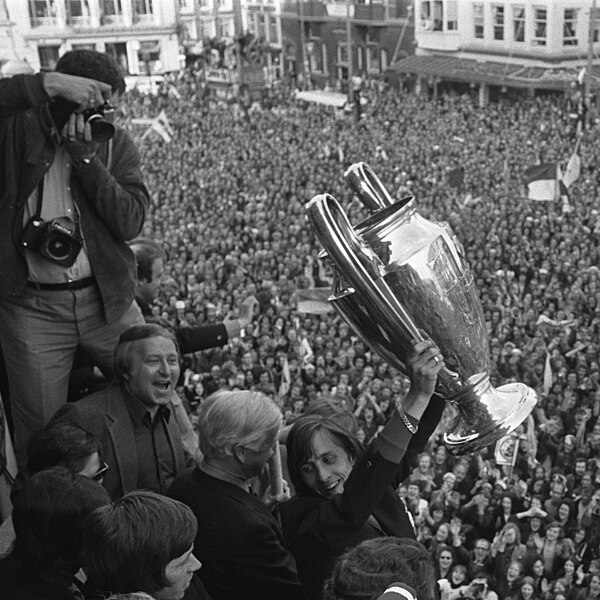The practice of human trophy collecting involves the acquisition of human body parts as trophy, usually as war trophy. The intent may be to demonstrate dominance over the deceased, to humiliate or intimidate the enemy, or in some rare cases to commemorate the deceased. It can be done to prove one's body count in battle, to boast one's prowess and achievements to peers, or as a status symbol of superior masculinity. Serial killers' collection of their victims' body parts have also been described as a form of trophy-taking.
American sailor with the skull of a Japanese soldier during World War II.
A trophy is a tangible, durable reminder of a specific achievement, serving as recognition or evidence of merit. Trophies are most commonly awarded for sporting events, ranging from youth sports to professional level athletics. Additionally, trophies are presented for achievements in Academic, Arts and Entertainment, Business, Military, Professional awards, Community Service, Hunting, and Environmental accomplishments. In many contexts, especially in sports, medals are often given out either as the trophy or along with more traditional trophies.
The European Champion Clubs' Cup held here by Johan Cruyff in 1972, is awarded to the winners of the UEFA Champions League
Trophy for the 1934 Melbourne Cup. The trophy is an example of a loving cup-styled trophy, with three handles attached to the bowl.
Norberto Alonso with the Copa Libertadores Trophy. The trophy awarded to the champions of Copa Libertadores
Several awards for a Scrabble tournament in Benin





